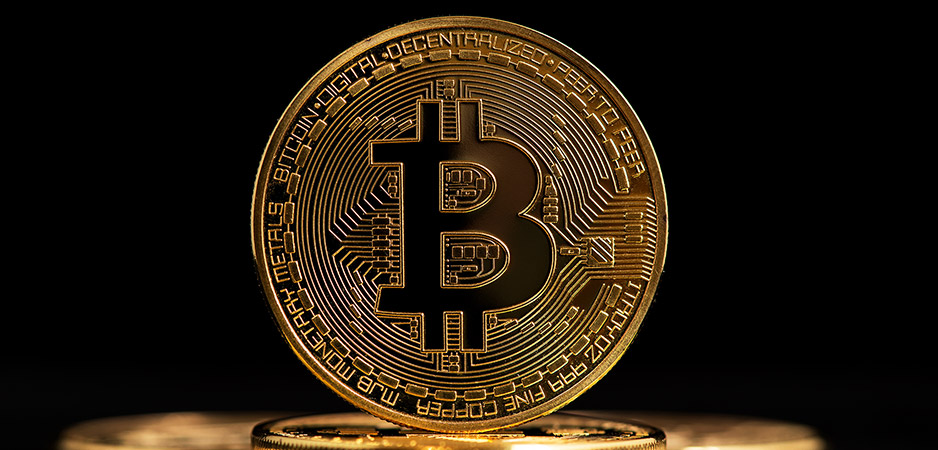Facts About Bitcoin - Technology - The Guardian Uncovered
Coinbase, A Bitcoin Startup, Goes PublicIs Crypto Really The Fundamentals Explained
Bitcoin is truly just a list. Person A sent X bitcoin to individual B, who sent out Y bitcoin to individual C, and so on. By tallying these deals up, everyone knows where private users stand. It is very important to keep in mind that these transactions do not always need to take location in between human beings. Full Article can access and utilize the Bitcoin network, and your ethnicity, gender, religion, types, or political leaning is entirely irrelevant.
In the future, we might see systems in which self-driving taxis or Uber cars have their own blockchain wallets. The traveler would send out cryptocurrency directly to the automobile, which would stagnate until the funds were gotten. The automobile would have the ability to examine when it requires fuel and utilize its wallet to facilitate a refill.
Bitcoin's blockchain is distributed, indicating that it is public. Anyone can download it in its entirety or go to any number of websites that parse it. This indicates that the record is openly readily available, however it also means that there are complicated procedures in location for upgrading the blockchain ledger.

See the area on mining listed below for additional information. You can see, for instance, that 15N3y, Gu3UFHey, UNdz, Q5s, S3a, RFRzu5Ae7EZ sent out 0. 01718427 bitcoin to 1JHG2qjdk5Khiq7X5x, Qrr1wfigep, JEK3t on Aug. 14, 2017, in between 11:10 and 11:20 a. m. The long strings of numbers and letters are addresses, and if you were in police or simply really well notified, you might probably find out who controlled them.

See This Report on Bitcoin-Kurs aktuell: Digitalwährungen werden wieder

Post-Trust In spite of being definitely public, or rather because of that reality, Bitcoin is exceptionally resistant to tampering. A bitcoin has no physical presence, so you can't secure it by locking it in a safe or burying it in the woods. In theory, all a burglar would need to do to take it from you would be to add a line to the ledger that equates to "you paid me everything you have." An associated worry is double-spending.
To accomplish a double-spend, the bad star would require to comprise 51% of the mining power of Bitcoin. The larger the Bitcoin network grows, the less practical this ends up being as the computing power required would be huge and very expensive. To even more avoid either from happening, you require trust.
UNDER MAINTENANCE